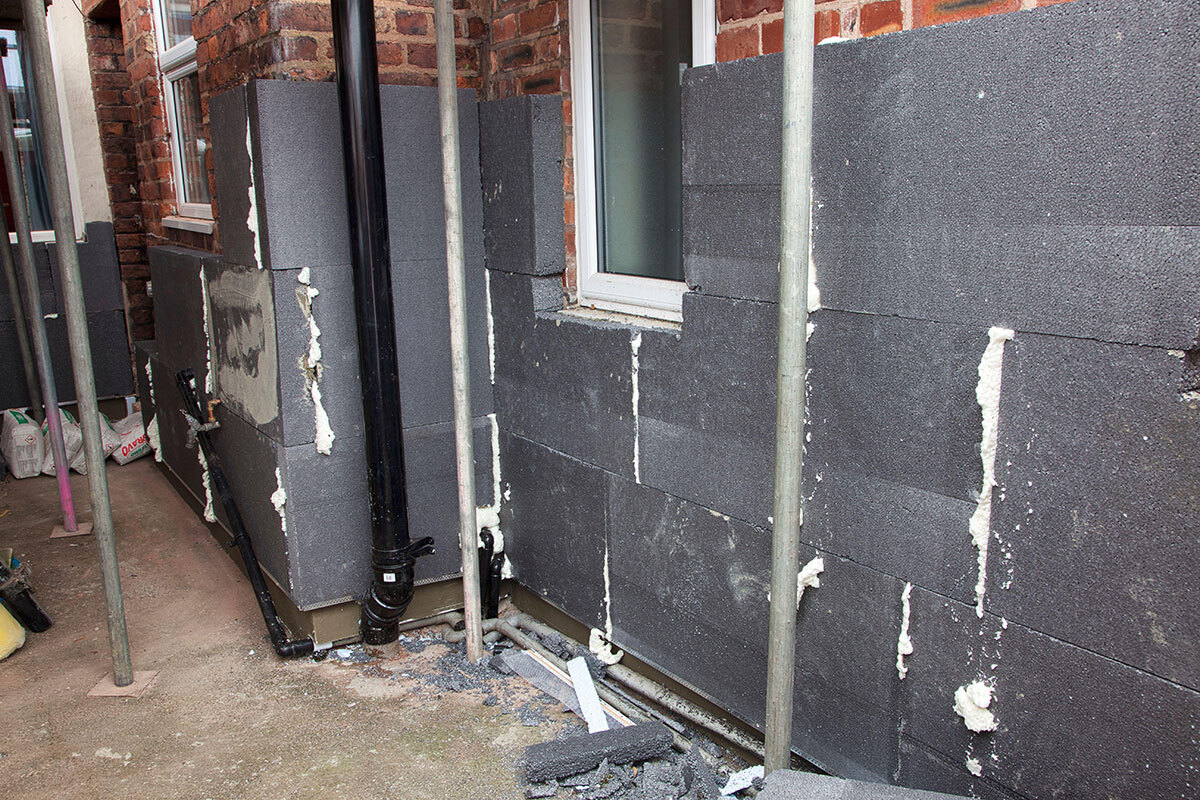You are viewing 1 of your 1 free articles
Up to £18bn in retrofit costs will drive up debt and risk, major ratings agency says
A major rating agency has warned that the £18bn cost of retrofitting social housing units to Energy Performance Certificate (EPC) Band C will drive up debt and credit risk across the sector.
Moody’s latest look at housing associations in England and their plans to meet the government’s energy-efficiency targets by 2030-35 shows debt and credit risk will increase, because the majority of retrofitting costs will be funded through borrowing.
The agency estimates that the cost of retrofitting social housing units to EPC C by 2030-35 will be in the region of £12bn-£18bn.
This cost represents 51%-79% of all English landlords’ turnover in 2022, and Moody’s believes inflationary pressures will erode the real value of government funds, which already falls short of what is needed.
The government’s Social Housing Decarbonisation Fund (SHDF) currently stands at £3.8bn, around 33% of Moody’s lowest estimate.
As a result, this will increase housing associations’ reliance on debt funding, made more costly by high interest rates. The agency expects this spending to be offset by development plans, which will add pressure to those landlords with ambitious pipelines.
The deadlines for completing the work will also affect associations’ credit quality, with retrofitting measures needed on around 710,000 social homes to be completed by 2030.
As of 2021, 31% of properties in the sector had an EPC rating below C, but as more than half of these households are considered fuel poor, the deadline for retrofit is 2030, as opposed to 2035.
Wave 1 and 2 of the SHDF has allocated 25% of the funding so far, to retrofit around 110,000 homes.
But as the grant only covers 41% of the total costs needed for the work on these homes, Moody’s estimates only 440,000 homes will be retrofitted under the SHDF.
That means 280,000 units will need to be retrofitted without any grants by 2030, and a further 530,000 by 2035.
These costs and credit risks will also be higher for landlords that operate in rural areas. Moody’s estimates the cost to retrofit a home to EPC C in rural areas to be 13% higher than in urban areas.
At the same time, the agency said the funding needed to meet net-zero targets by 2050 was uncertain, raising credit risk over the longer term.
At the current pace, it is estimated that it would take more than 150 years to retrofit the sector’s stock.
If landlords are to meet the 2050 target, one consequence is likely to be a decline in the construction of new housing, unless the government makes additional grants available.
Without additional grant money, landlords will probably experience a weakening of debt ratios, with high credit risks for those that maintain their development programmes.
Maÿlis Chapellier, an analyst at Moody’s, said: “While the UK government has relaxed some climate targets in mid-September 2023, such changes do not apply to social housing at the time of publication. Funding of future spending to meet net-zero targets by 2050 remains uncertain, raising credit risk for housing associations over the longer term.”
Sign up for our development and finance newsletter
Already have an account? Click here to manage your newsletters











